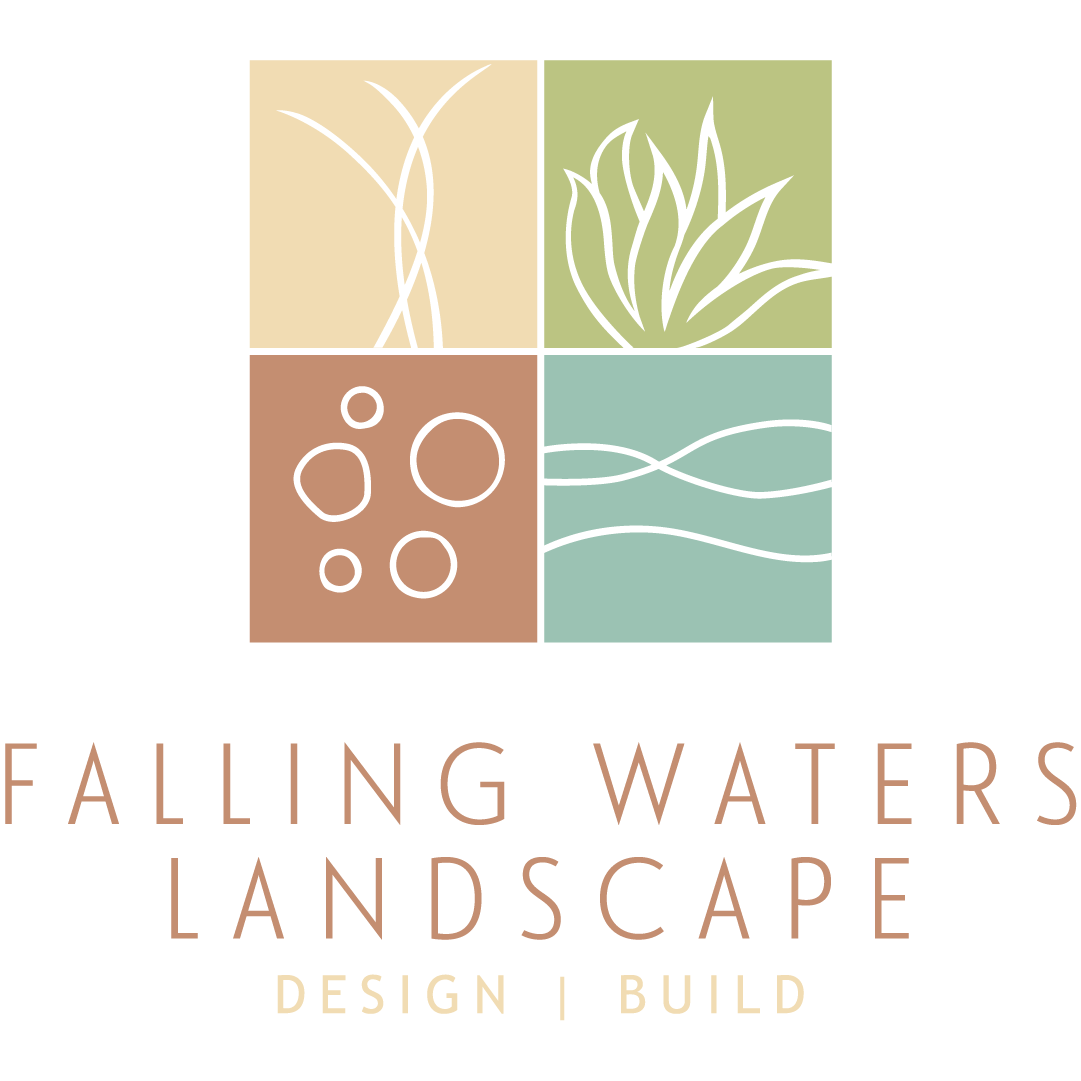Where the Wild Things are
“And the walls became the world all around”
As I step outside the office and look towards the mountains beyond the carpet of suburbia sprawled before me I visualize a place unknown, untamed and uninterrupted. Dangerous and undomesticated animals are sure to be lurking within those hills. The normal resources I have at my disposal are not available to me within the trees. Stripped of familiar avenues, I must find my own way through this novel landscape. If asked, I’m sure many people would call what I am describing as the wilderness. Folks may say we live in civilization and that is the wild. I sometimes wonder to myself where this idea came to be. Surely the places unknown beyond the familiar comforts were once described in books and newspapers. They must have written of far off landscapes of mountains or deserts unfit for man. People would be terrified, while others a bit excited. In the end though, the wild is over there and we are here. Somewhere along the way we as a society made that distinction. Somewhere along the way we drew a line and it has stuck, unwavering for years on end. Are we supposed to know that we must live here and not there? Must we be tamed and abiding members of society and deprived of any wildness that may be hidden within us?
What seems to emerge from this is that what we are describing are merely states of mind and designations. We choose to say that those mountains, forests and deserts are the wilderness. The default definition of wilderness became those areas on earth not developed by us and left as is as a sort of preservation of what once was. It is a place of danger without hand rails and caution signs. Enter at your own risk. Similarly, the wild was given this designation as a place unknown, uncomfortable and not refined with wildness as what occurs within the wild. If I act wild then what am I doing? Am I undignified and out of control? What I end up seeing is that we chose to designate wilderness, the wild and wildness as how it is defined today.
What I hope to happen is that we start seeing a paradigm shift in how we view these terms. If you were plucked from a small farming town and dropped in the middle of Tokyo wouldn’t you then be in the middle of the wilderness. You would be surrounded by the wild. Everyone around you characterizing a sense of wildness that you are unfamiliar with. All signage would be foreign to you and thus you would have to find your own way around with hardly any way of communicating with the inhabitants. The large autonomous forest replaced by man made sky scrappers engulfing your plane of sight would still play the same role within your existence wouldn’t they? They would still be large structures looming over you as a reminder of your new wild.
We are so trained to live within the constructs of the progression of societal evolution that we at times fail to forge ahead and create our own opinions about the norms that have been ingrained into our heads. We created wilderness in that we have defined it to be as it is. Stopping traffic in the middle of rush hour to play a game of soccer would be an entirely new and foreign plane and environment that would be completely wild to you. Your untamed wildness may emerge and what once was defined as a freeway brings a new definition. What if we designed intended wilderness’? What if we made landscapes unfamiliar to you? Is that necessarily a bad thing? I don’t think so. If we are to re-examine the definitions that we created then wouldn’t we be poised to create new and avant-garde landscapes prime for success? We must embrace these possibilities to fully realize our potential to create and re-create. The mountains and deserts will prevail. Is it the only wilderness? No. Embrace the idea that you are entering the wild when you alter your normal routine. Acknowledge that taking a hike on a trail is not wild at all but completely man made. Your state of mind determines what is wild and what is not. I hope everyone enters the wild from time to time.


